Our research is reaching global sustainable development goals
QUT is committed to the integrated pursuit of planetary health, economic development and social justice. Our researchers are exploring real-world problems and opportunities related to the environmental, social, economic, cultural and legal dimensions of sustainability.
In collaboration with government, industry and communities, our research centres address all 17 of the United Nations Sustainable Development Goals. The Sustainable Development Goals (SDGs) provide a common platform where all can contribute to solving the world’s biggest sustainable development challenges.
QUT is progressing the SDGs through its research, teaching, operations, policies and partnerships. The university is strengthening the focus on sustainability in all undergraduate courses to give graduates a broad view of the sustainability agenda and how it relates to their specific field or industry.
The graphic below maps how QUT aligns with each SDG. Click on the arrow beneath each goal for more information.
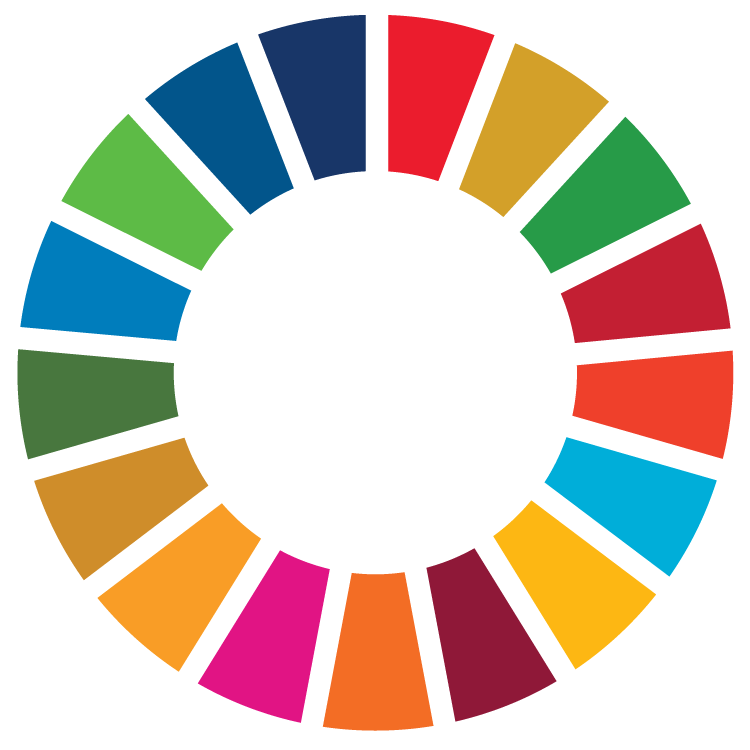
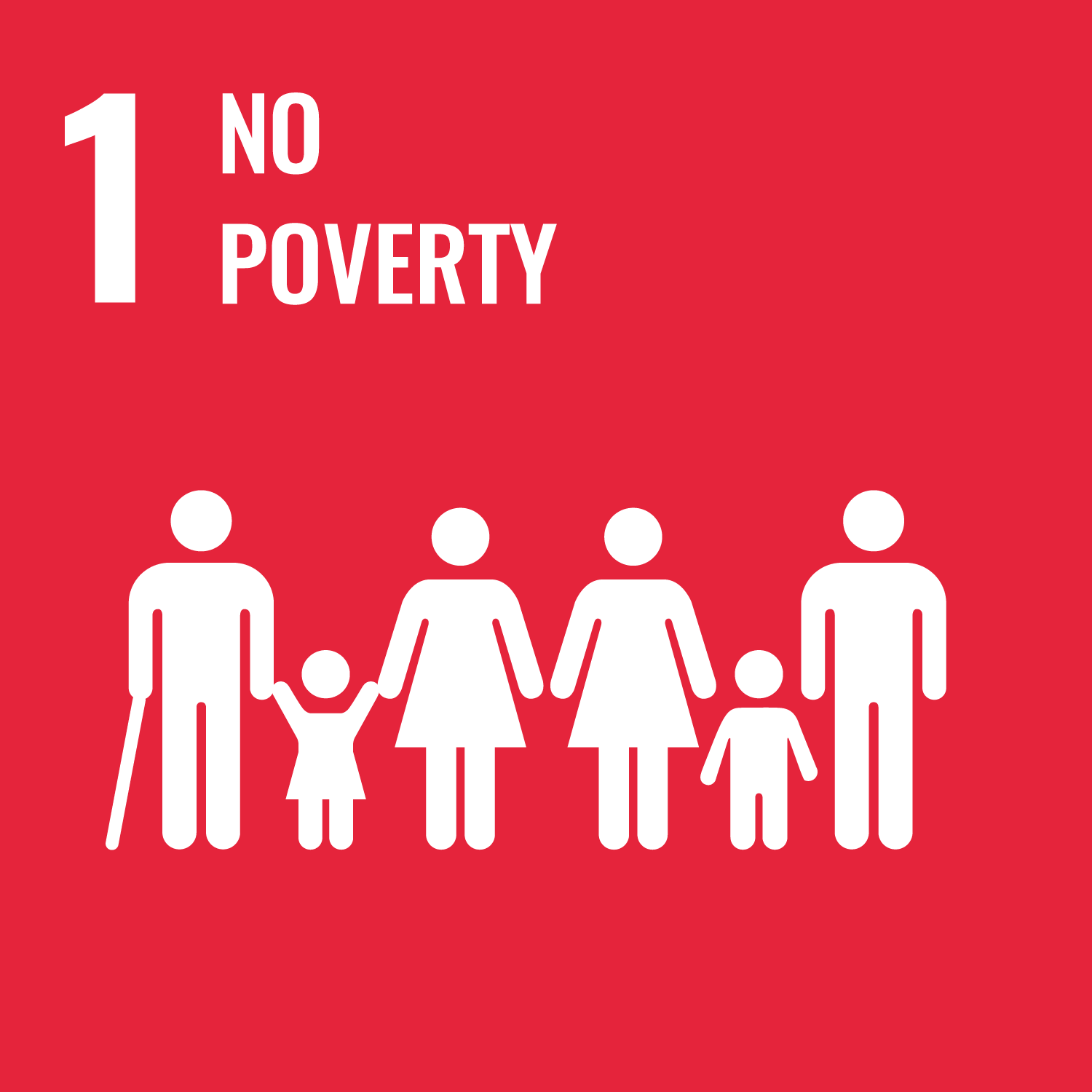
QUT is seeking to ‘end poverty in all its forms everywhere’ through its research, teaching, operations, policies and partnerships.
We support low-income students with scholarships, bursaries, computers and free financial advice. The QUT Guild supports students in need with a Food Bank, transport vouchers and free legal advice.
Our researchers are investigating the causes and impacts of poverty and ways to prevent or alleviate it in the following areas:
Our courses include development economics, which involves an immersive international field project.
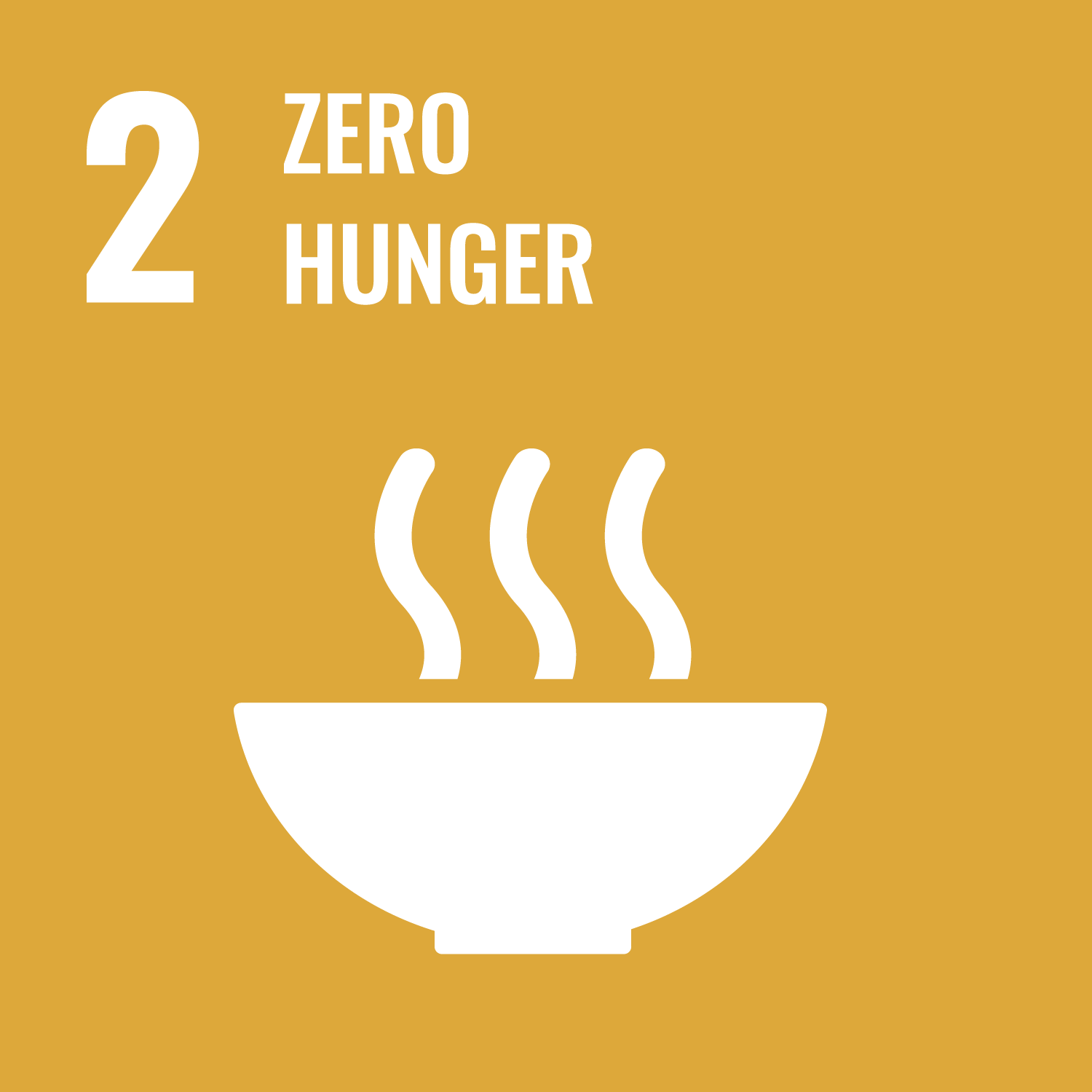
QUT seeks to end hunger, achieve food security and improved nutrition, and promote sustainable agriculture.
Our researchers are investigating ways to make food more nutritious and secure and make agricultural systems more productive, sustainable and resilient:
- agriculture and the bioeconomy
- childhood nutrition
- robotics
- behavioural economics, society and technology
- data science.
Our Bachelor of Nutrition Science course teaches food nutrition, food supply and healthy eating policy.
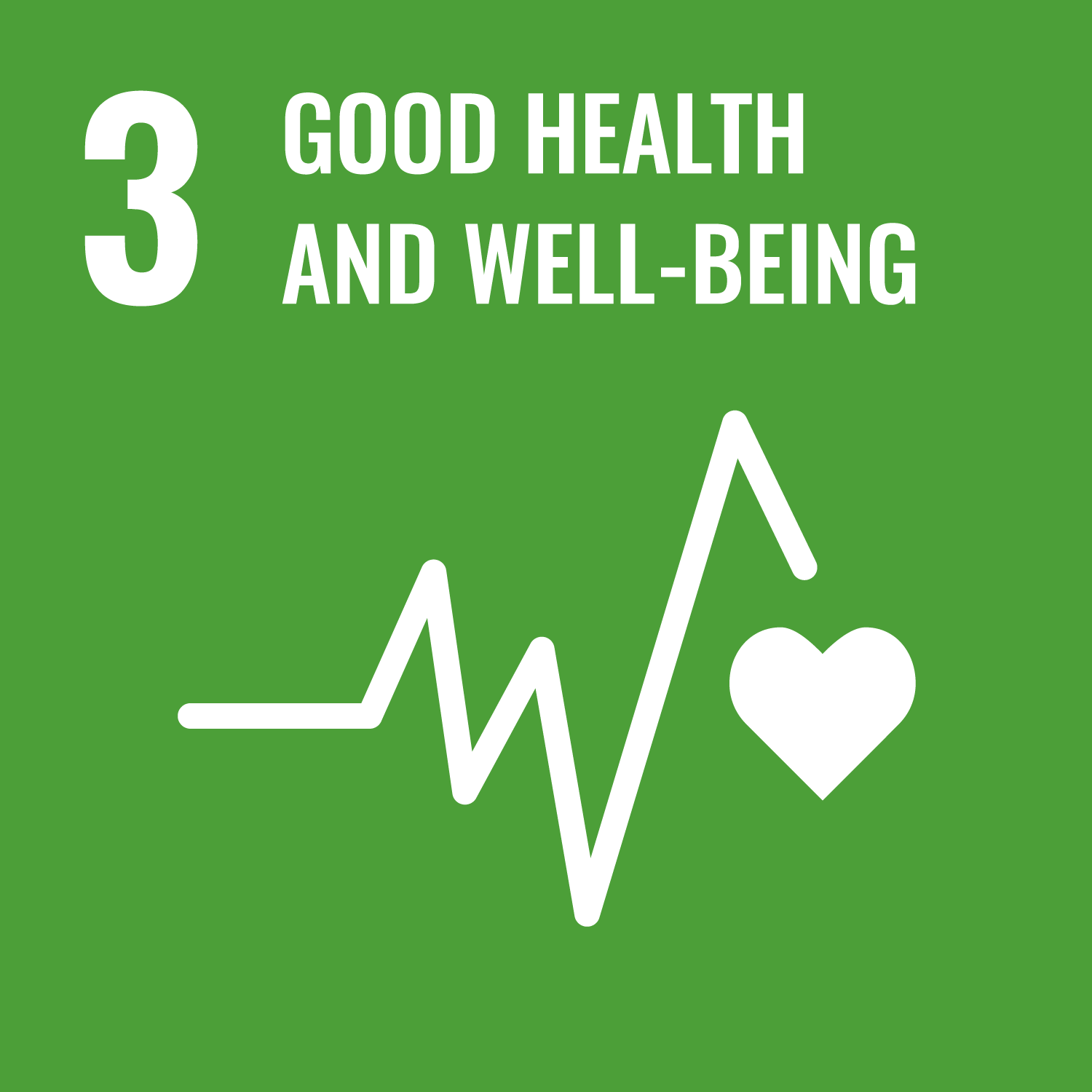
QUT aims to ‘ensure healthy lives and promote wellbeing for all at all ages’ through its policies, staff and student programs, community and international programs and research.
QUT has a dedicated medical centre, wellness program and employee assistance program, together with discounted gym memberships and health checks. QUT Health Clinics offers discounted health services for the community, and a training ground for our health students.
Our research covers a wide range of topics that impact on health, including:
- digital impact on children
- agriculture and the bioeconomy
- behavioural economics, society and technology
- biomedical technologies
- data science
- genomics and personalised health
- healthcare transformation
- robotics
- health law
- health services innovation
- tissue engineering and regenerative medicine
- cancer and palliative care
- accident research and road safety
- immunology and infection control
- inclusive education
- microbiome
- vision and eye research
- design.
All health courses and many units from other faculties contribute to this goal.
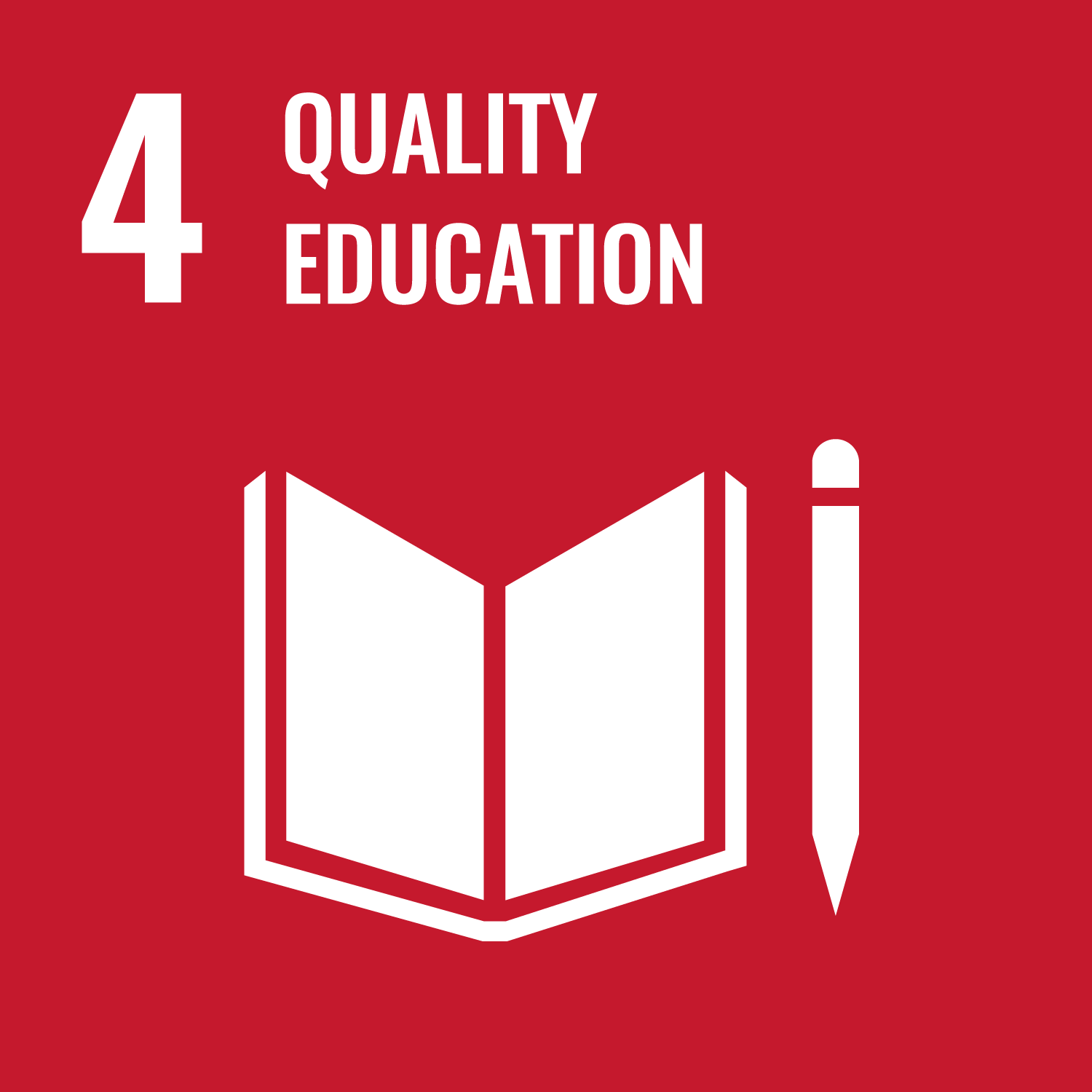
QUT aims to ‘ensure inclusive and equitable quality education and promote lifelong learning opportunities for all’ through its policies, student equity and support programs, community outreach programs, lifelong learning and research.
We offer financial assistance and support to students from low-income families, Indigenous background, LGBTIQA+, multifaith and parents. The university seeks to widen participation by outreach to schools in low socioeconomic, rural, Indigenous and Pasifika areas.
QUT encourages lifelong learning through open online courses, The Cube, public lectures, QUT Library and short courses.
Our research covers a wide range of topics that impact on education, including:
- digital impact on children
- behavioural economics, society and technology
- justice
- digital media
- decent work and industry
- inclusive education.
All education courses emphasise inclusive, equitable, high-quality education with postgraduate courses covering inclusive education, trauma-aware education, autism and Indigenous education.
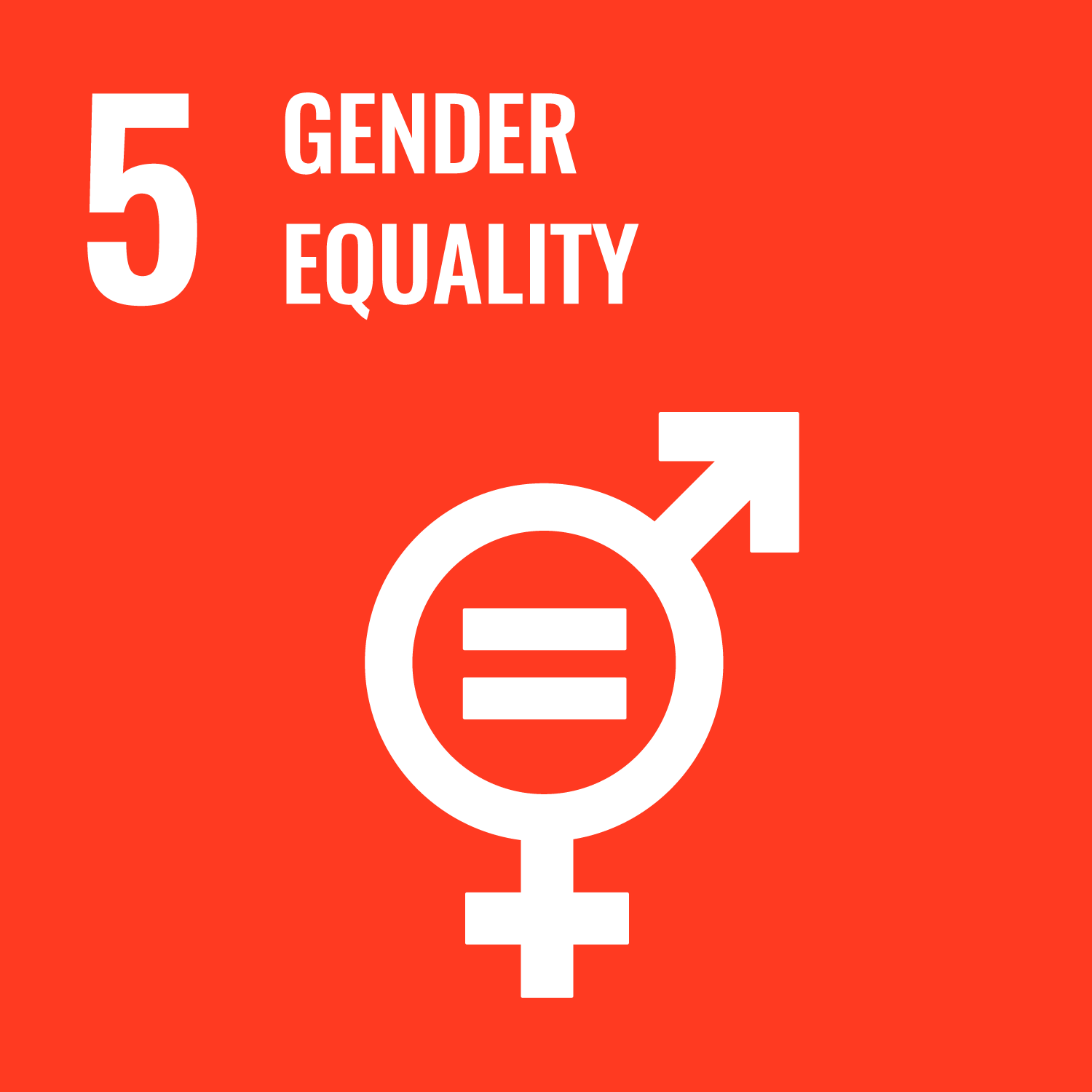
QUT seeks to ‘achieve gender equality and empower all women and girls’ through its policies, student and staff programs, community programs and research.
QUT has student scholarships for women, and respect and harassment training for students. Staff can take part in women in leadership program and mentoring, and specialist women in research training. There are parenting rooms and childcare facilities on campus. The university offers community programs including Pathways to Politics for Women and Fostering Executive Women as well as high school engagement events encouraging girls to participate in STEM careers.
Our research covers a wide range of topics relating to gender equality, including:
- behavioural economics, society and technology
- justice
- health law
- digital media
- decent work and industry.
Our courses include units on justice, social work and human services and other fields such as gender equity and health.
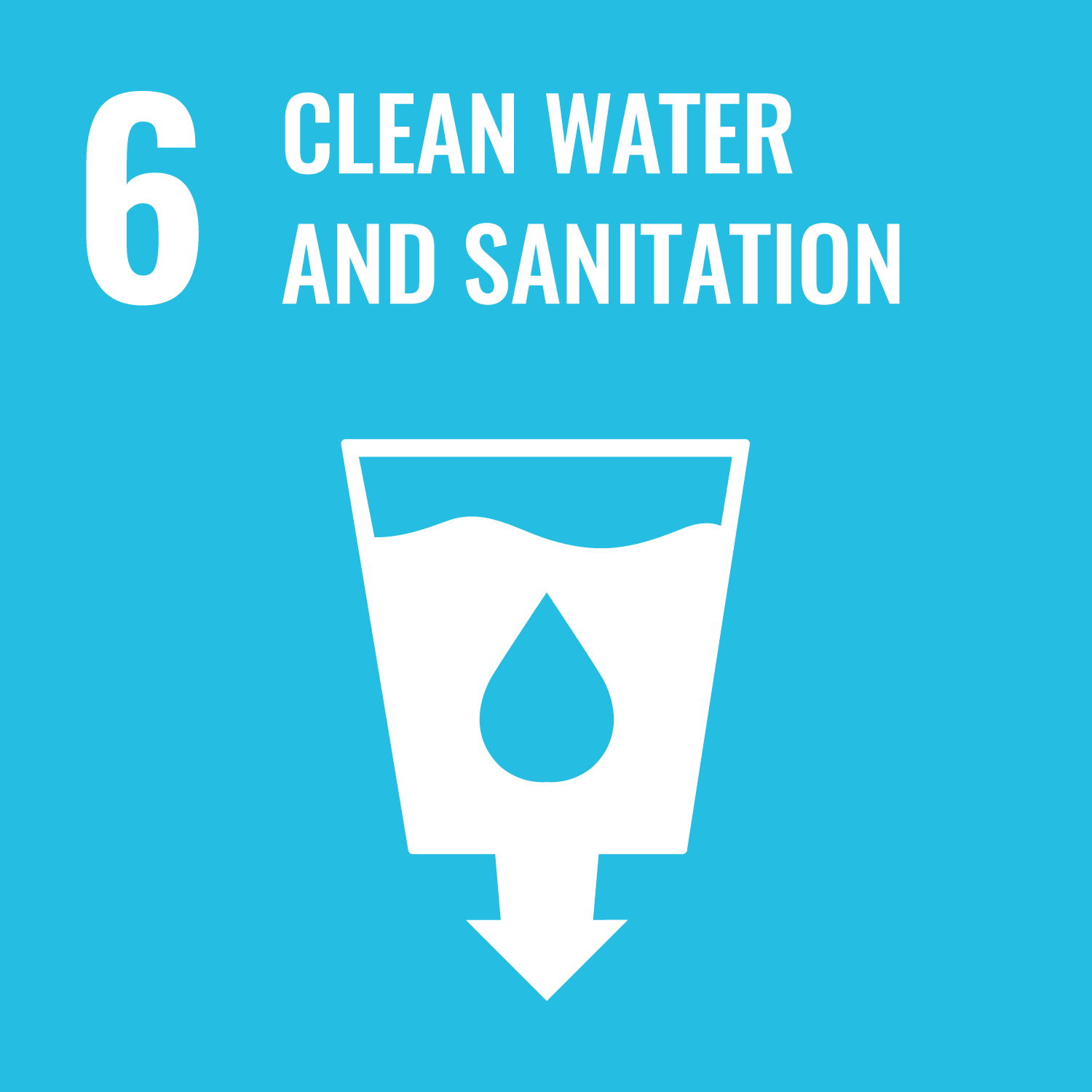
QUT aims to ‘ensure availability and sustainable management of water and sanitation for all’ through its sustainability policies, programs and research. QUT has large rainwater tanks, free drinking water, and a chemical management service to reduce water pollution.
Our researchers investigate clean water and environmental projects related to:
Our courses include units on environmentally sustainable design, water and wastewater engineering, groundwater systems and environmental pollution.
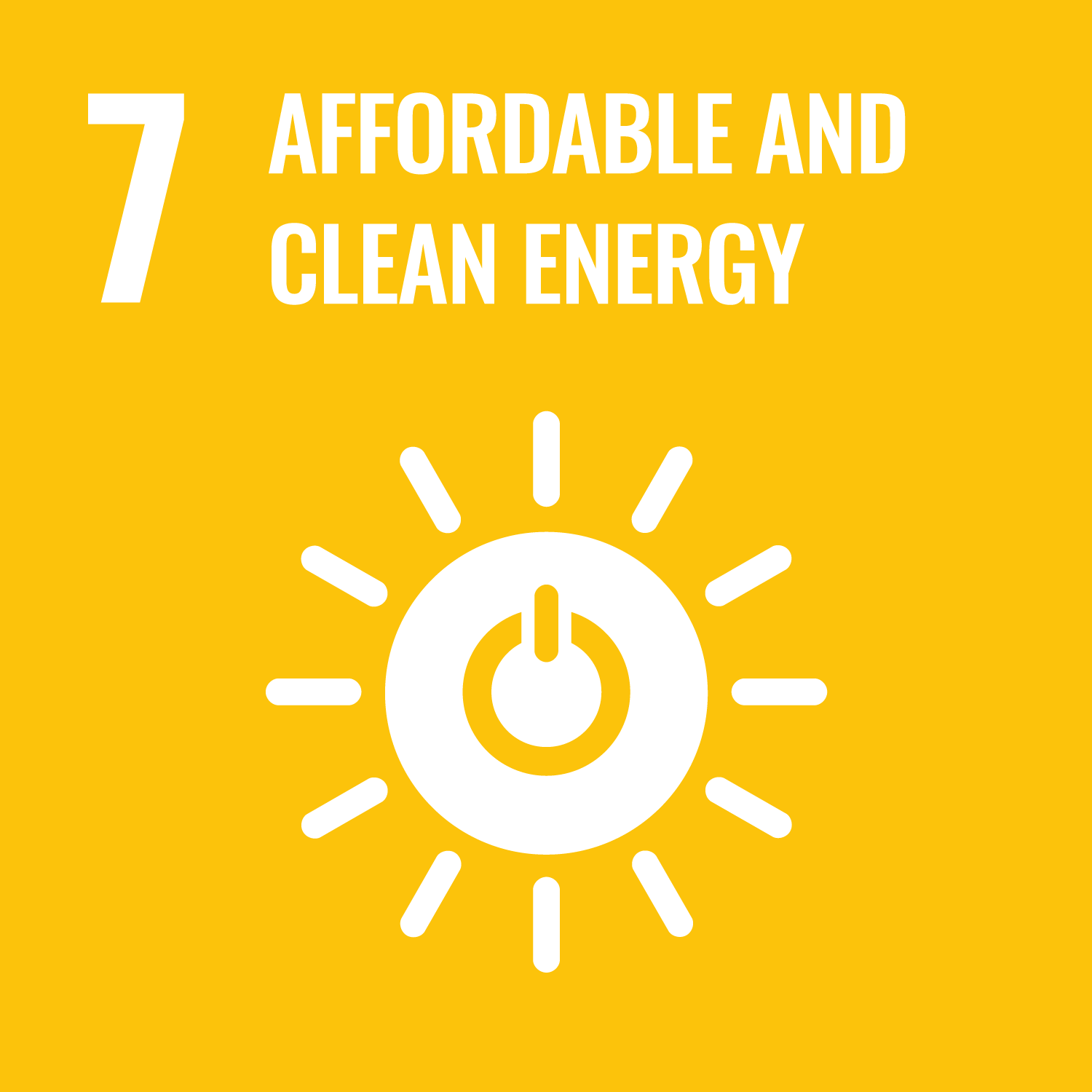
QUT aims to ‘ensure access to affordable, reliable, sustainable and modern energy for all’ through its sustainability action policies and plans. We have clean energy infrastructure including solar arrays on campus and Columboola Solar Farm which will supply 50% of QUT’s energy between 2022 and 2028.
Our research covers clean energy through:
- behavioural economics, society and technology
- materials science
- clean energy technologies and practices
- agriculture and the bioeconomy.
Our courses include units from engineering, architecture and built environment and science.
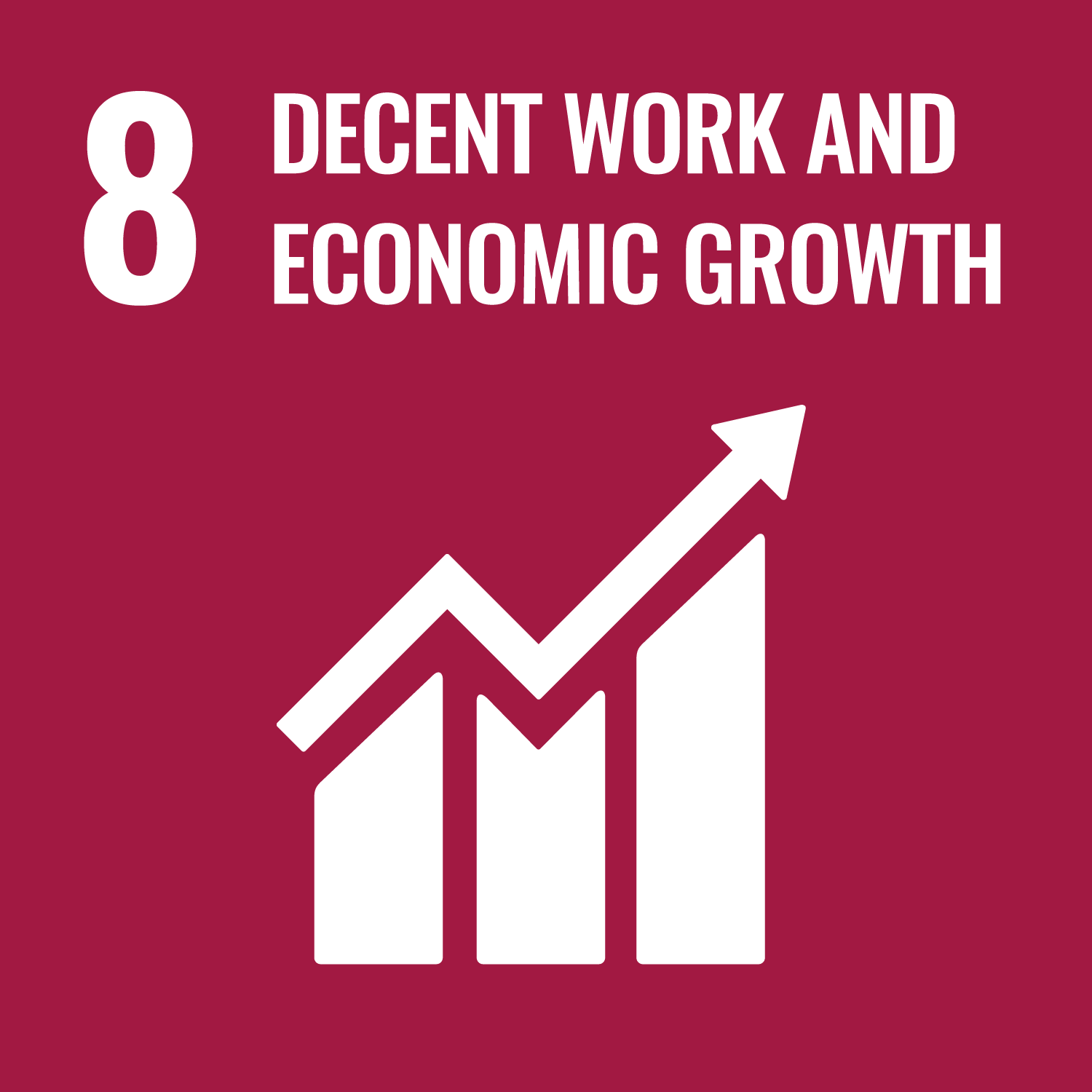
QUT promotes ‘sustained, inclusive and sustainable economic growth, full and productive employment and decent work for all’ through its policies, plans, programs and research.
We have policies covering human resources, social justice, health safety and environment, and statements on modern slavery and responsible investment. Our staff employment conditions and benefits meet enterprise agreements. We offer work integrated learning for students along with entrepreneurial co-working spaces.
Our research relates to:
Courses include units from economics, business, creative industries, law, social work and human services.
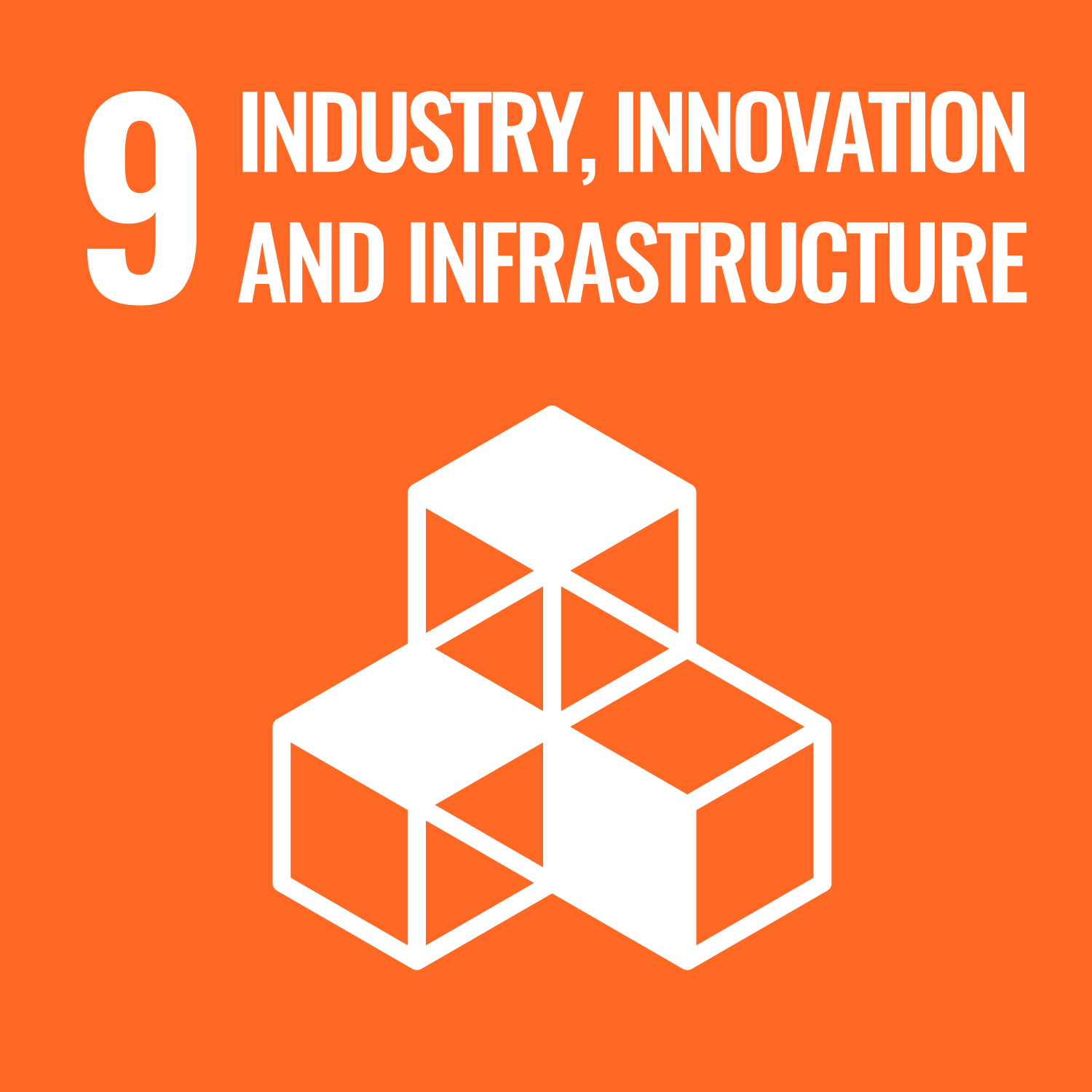
QUT seeks to ‘build resilient infrastructure, promote inclusive and sustainable industrialisation and foster innovation’ through its policies, planning and programs.
QUT offers training programs in research methods, academic writing and publishing and more to staff and students, along with entrepreneurship programs.
Our research contributes to the fields of:
- behavioural economics, society and technology
- biomedical technologies
- data science
- future enterprise
- materials science
- robotics
- digital media
- health law
- waste
- clean energy technologies and practices
- future mobility
- design.
Courses include units about industry, innovation and infrastructure from a design, economics, business and engineering perspective.
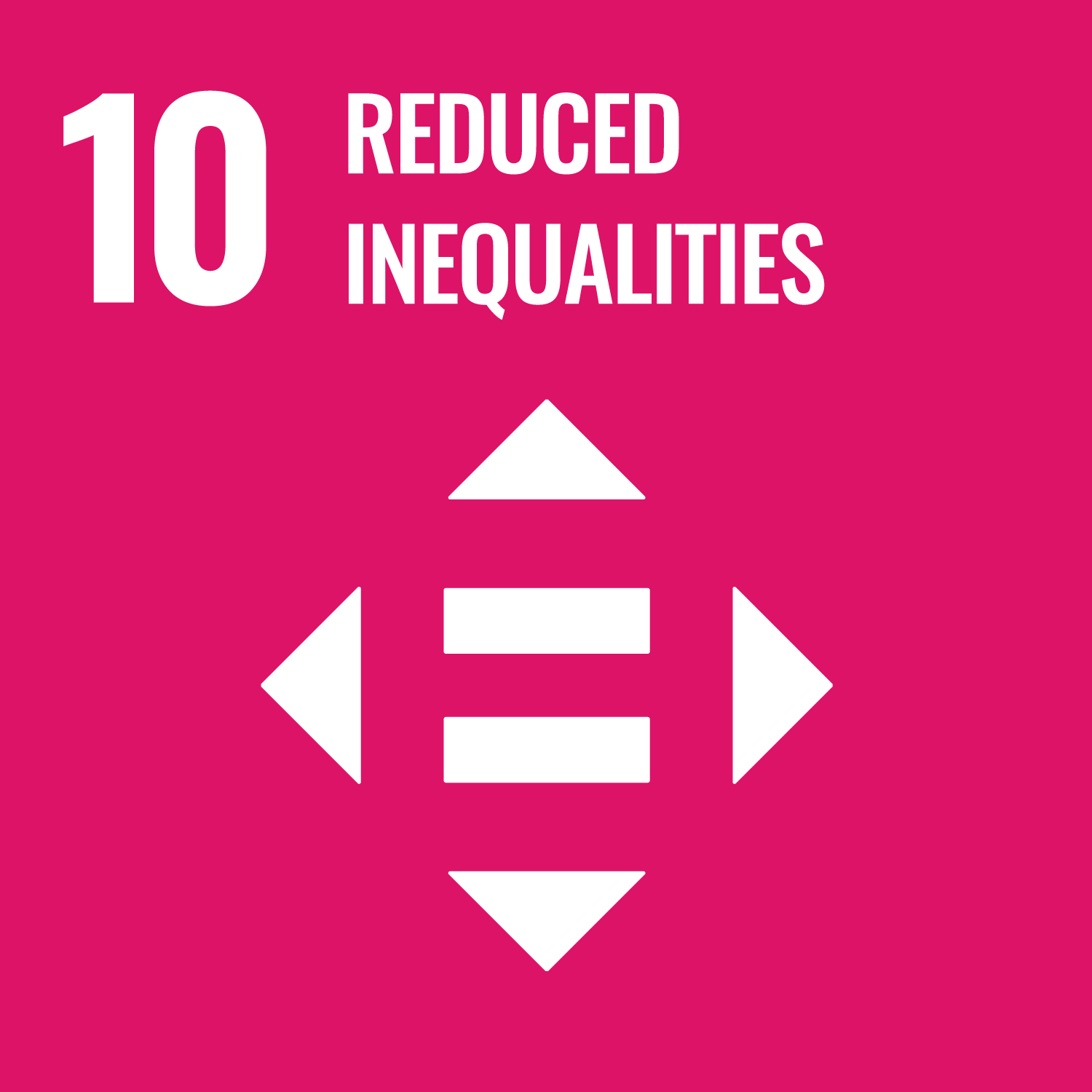
QUT seeks to ‘reduce inequality within and among countries’ through its policies, programs and research.
QUT has social justice, human resources and student admissions policies and plans which aim to reduce inequalities. There are a range of scholarships and support schemes to support those from disadvantaged backgrounds, as well as networks and societies for various groups. Equity Services offers a range of training and development opportunities and forums. There is a dedicated Oodgeroo Unit to support Indigenous students.
We conduct research related to reducing inequity in the following fields:
Courses include units on social work, human services, nursing, economics, justice and law.
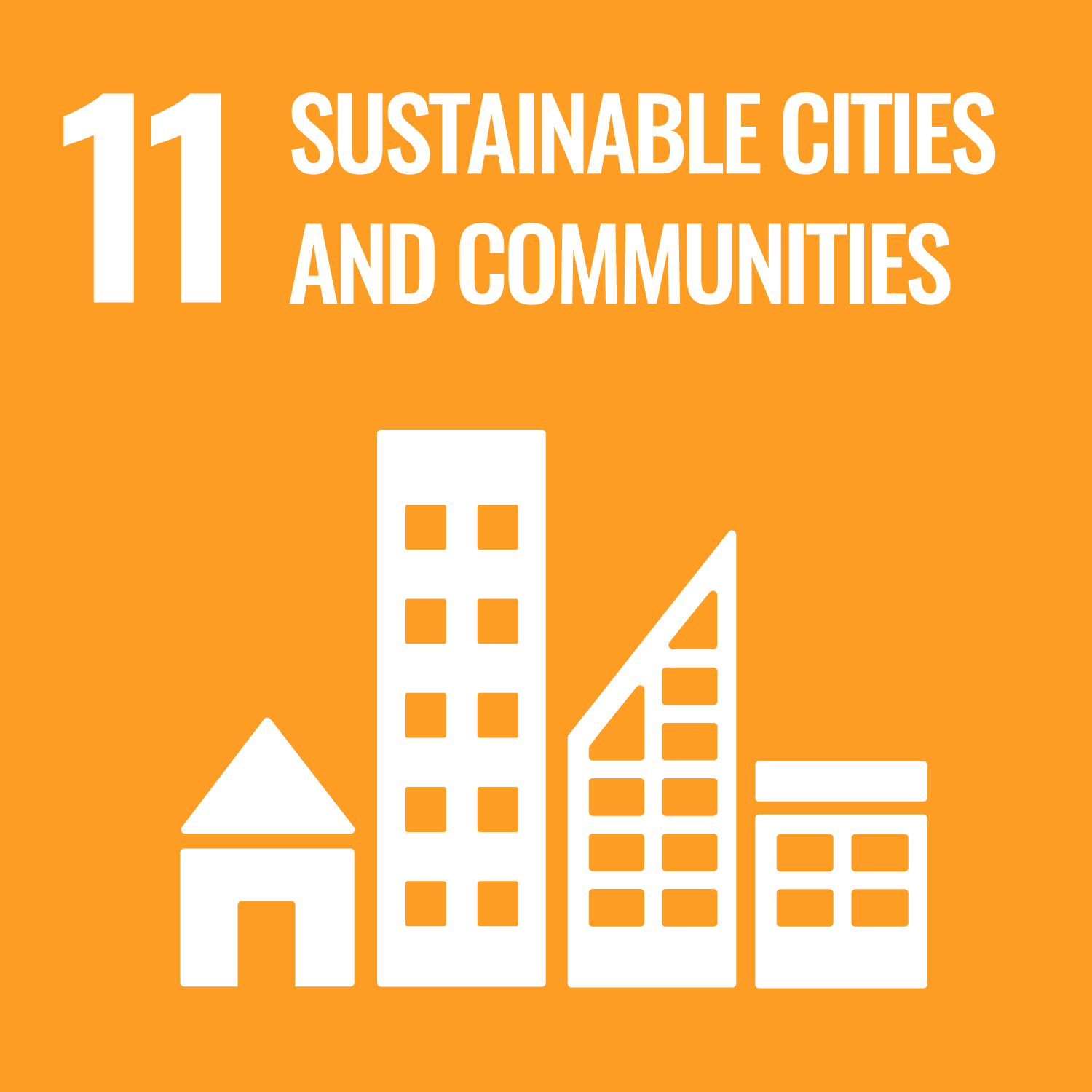
QUT aims to make cities and human settlements inclusive, safe, resilient and sustainable through its policies, programs, research and education.
Our sustainability action plan includes environmentally sustainable design standards and guidelines for campus buildings. We support students with affordable housing, sustainable transport systems and cultural heritage programs including historic buildings, museums and art galleries.
Our researchers investigate sustainable cities and communities from a range of perspectives:
- robotics
- digital media
- waste
- accident research and road safety
- future mobility
- inclusive education
- design
- air quality and health.
Courses include units from architecture and landscape architecture, urban development and planning, civil and environmental engineering, disaster management and geography.
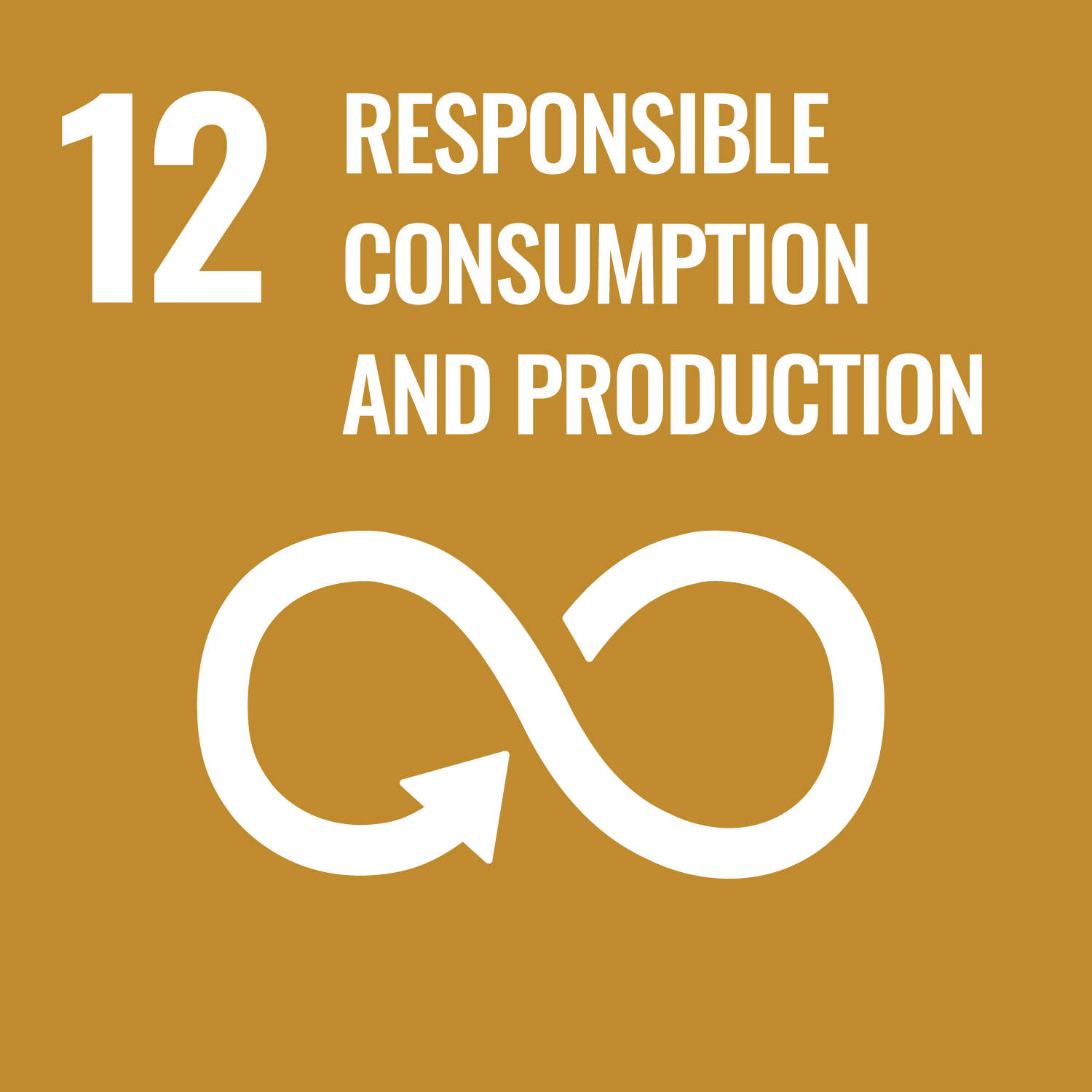
At QUT, we ensure sustainable consumption and production patterns through our sustainability action plan and policies, programs, research and education.
We have a range of waste reduction and recycling programs, together with a staff Green Champion program.
Our research relates to:
Courses include units from business, health safety and environment, design and chemical process engineering.
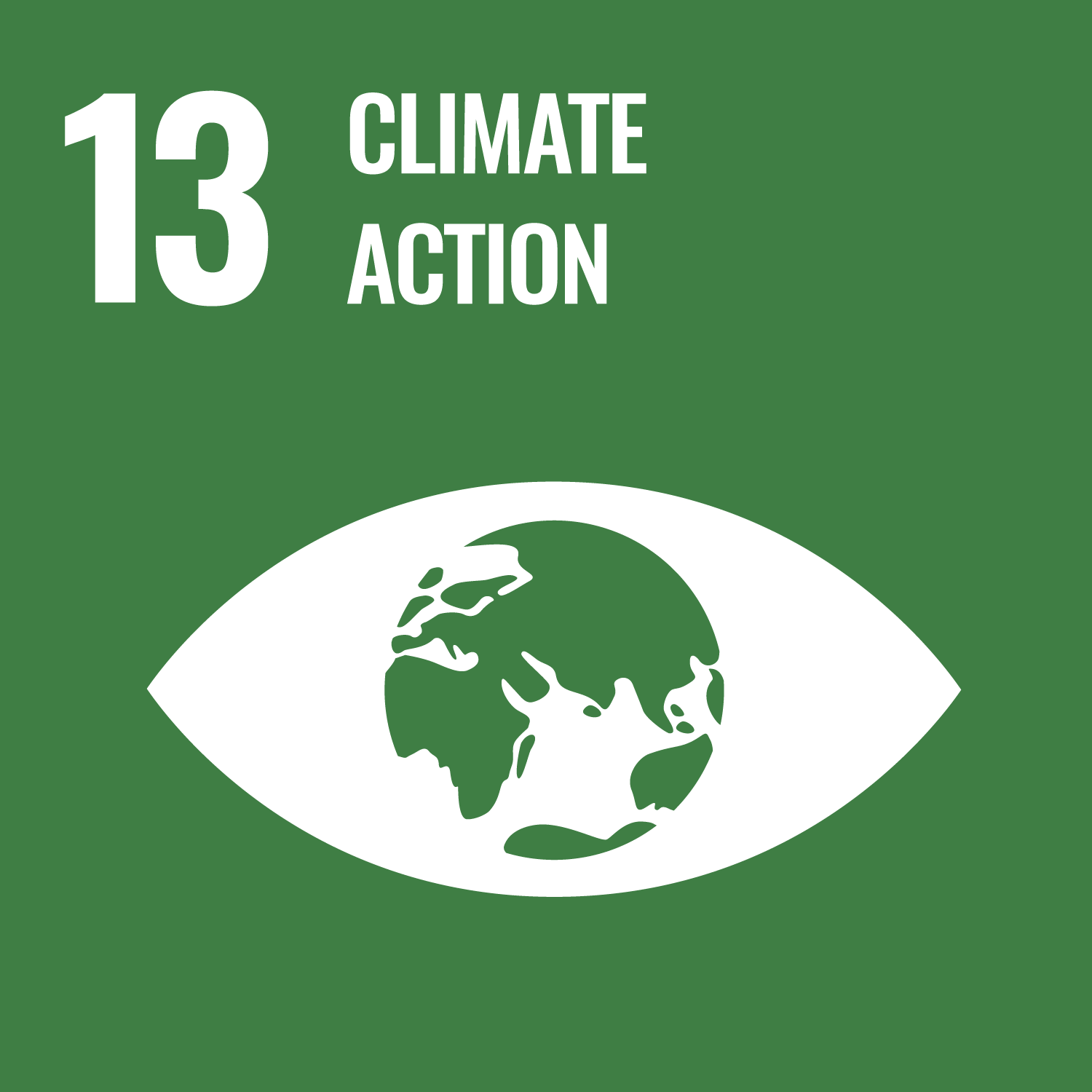
At QUT, we ‘take urgent action to combat climate change and its impacts’ through our policy, research and education.
We have a range of energy, water, transport, recycling/waste and engagement programs (see SDGs 6, 7 and 11), and a sustainability action plan with carbon and energy targets.
Our researchers investigate climate change from a range of perspectives including:
Our courses offer units in climate science, disaster management, environmental law and environmental health.
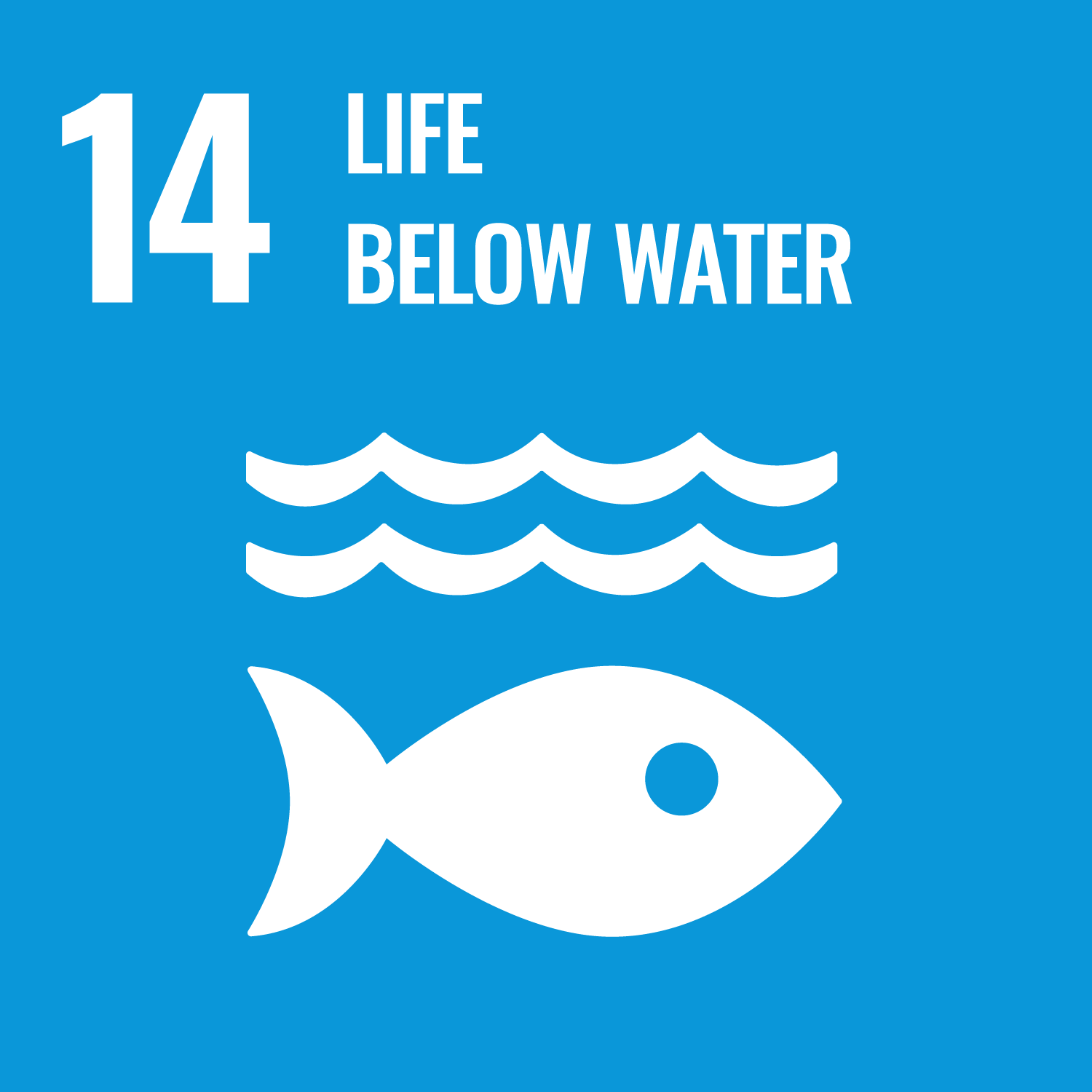
QUT supports the conservation and sustainable use of the oceans, seas and marine resources for sustainable development through its biodiversity programs, research and education.
Our sustainability plan sets down water consumption targets and need to comply with environmental licences and we have a range of community outreach programs. These include the Living Reef digital display on The Cube and the Virtual Reef Diver citizen science project.
Our researchers investigate life below water from a range of perspectives:
Our courses include units from biological, earth and environmental sciences and other fields including environmental law and economics.
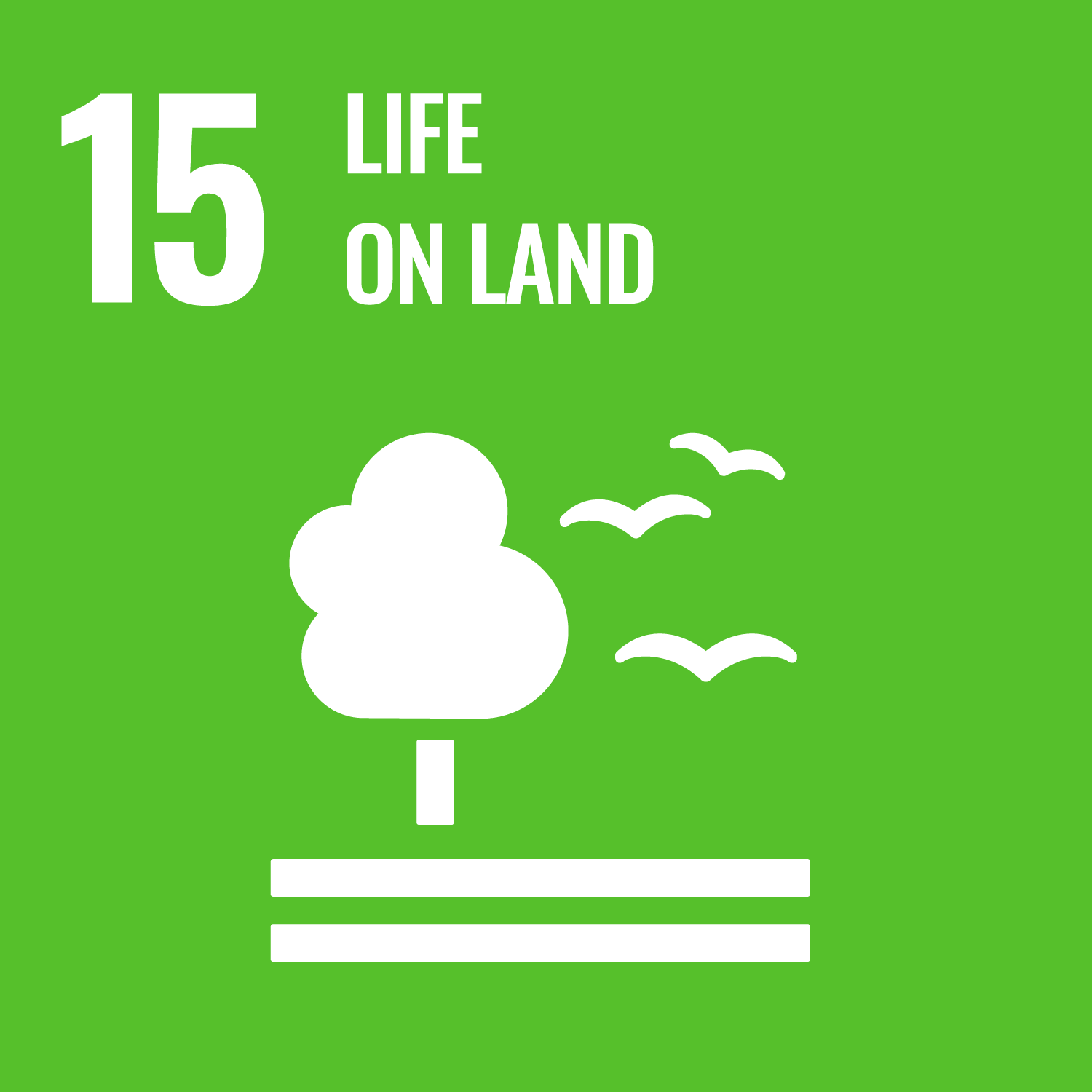
At QUT, we protect, restore and promote sustainable use of terrestrial ecosystems, sustainably manage forests, combat desertification, and halt and reverse land degradation and biodiversity loss.
We have a sustainability action plan, annual campus biodiversity audits, habitat boxes for native wildlife, habitat restoration on campus and tree planting at our Samford Ecological Research Facility.
The following research relates to this goal:
Courses include units from biological sciences, environmental sciences, environmental health and environmental law.
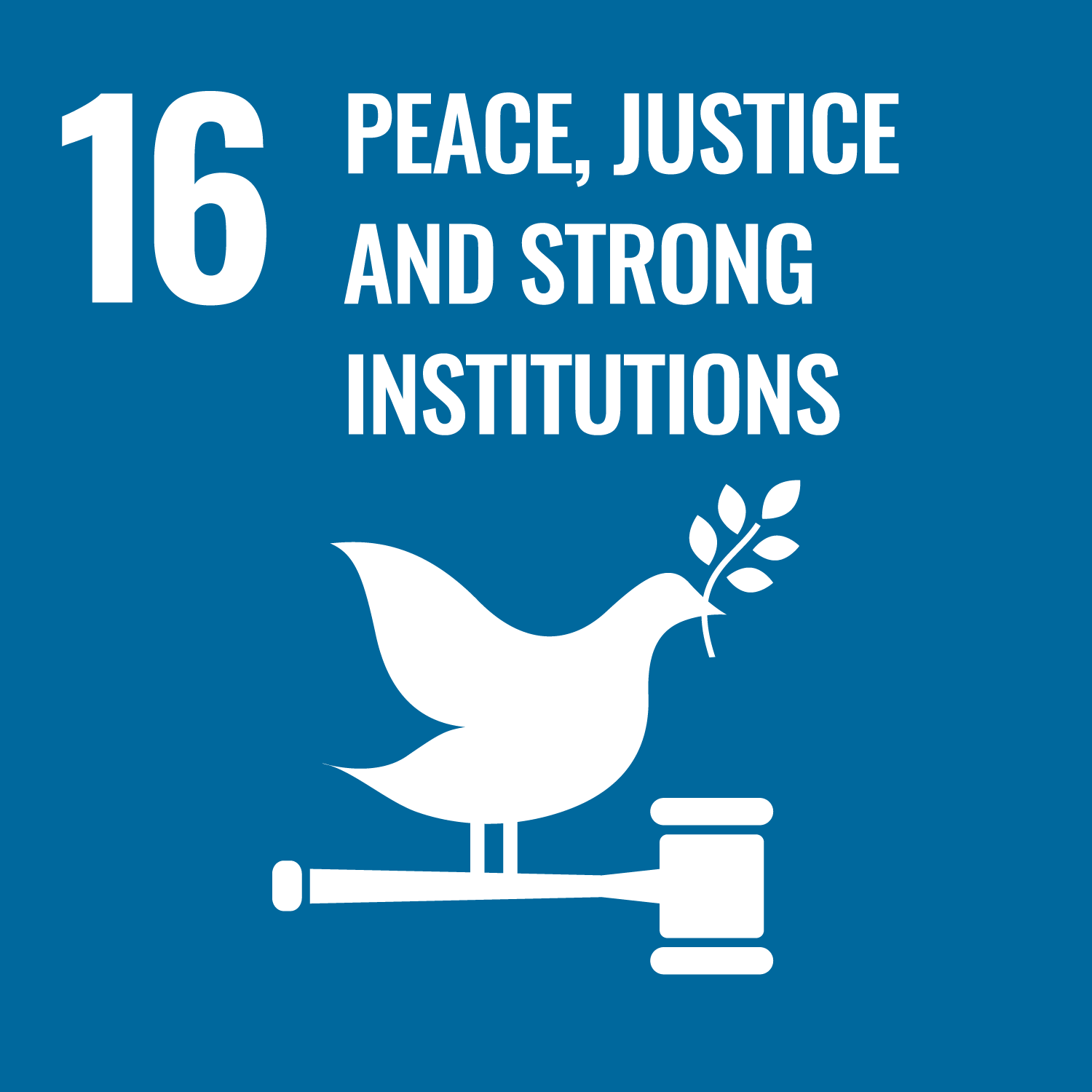
QUT promotes peaceful and inclusive societies for sustainable development, and seeks to provide access to justice for all, and build effective accountable and inclusive institutions at all levels.
Our governance policies and structures, along with staff and student programs in the area of respect and safety, harassment and discrimination, and corruption and fraud contribute to this goal.
Our research in the following fields contributes to this goal:
- justice
- digital media
- philanthropy and non-profit studies
- health law
- decent work and industry
- inclusive education
Our courses include units in justice, law, domestic violence, public sector management and other governance areas.
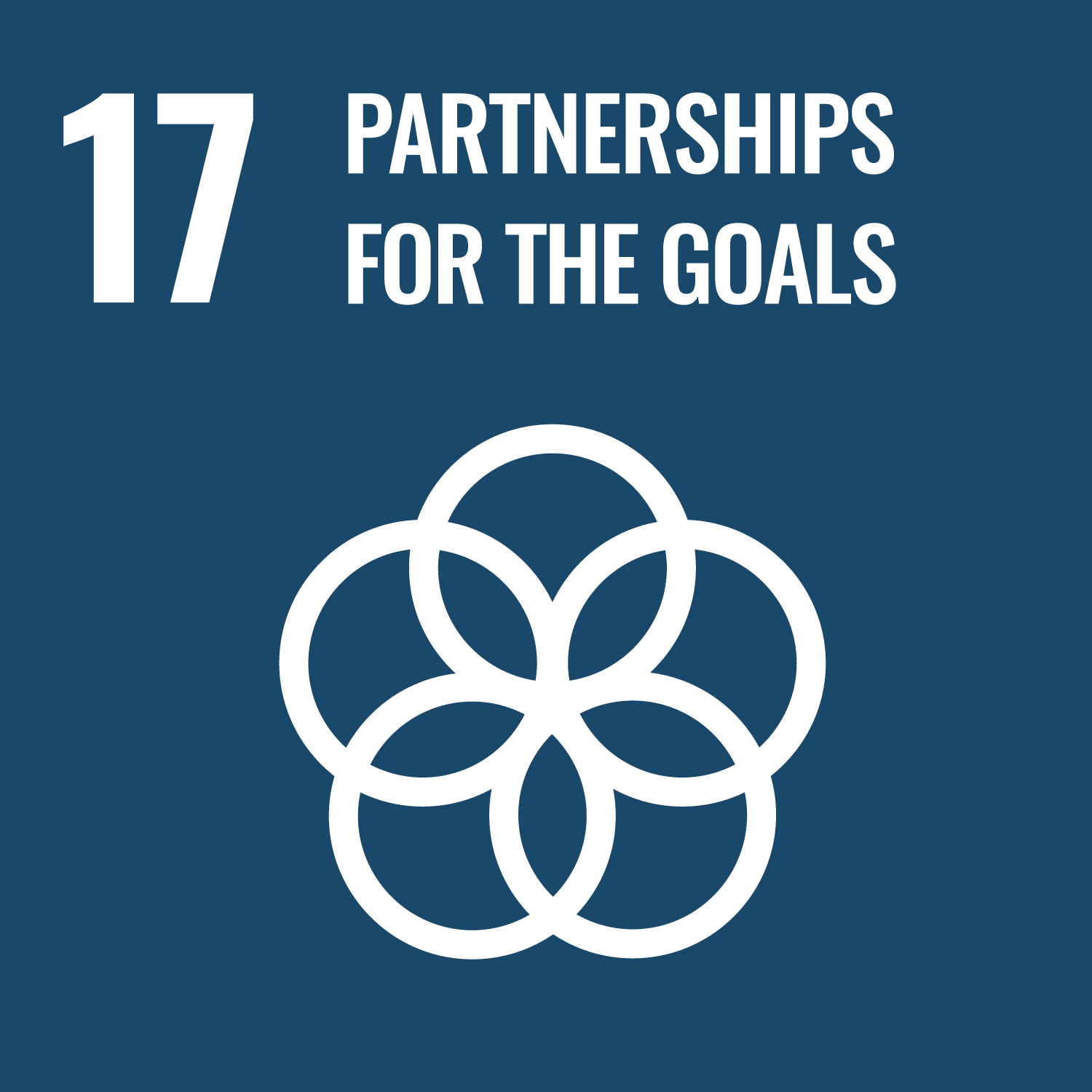
QUT is a member of the Sustainable Development Solutions Network, a UN Initiative to advice the Sustainable Development Goals through research, education, policy and partnerships.
QUT has many international partnerships, and our research and education forge many global and local industry and community partnerships.
Making real progress

QUT research boosted with eight Accelerator grants
Eight QUT research teams have received more than $3.6 million in grants from the Australian Economic Accelerator Ignite program.

B2B knowledge transfer mechanisms critical to building stronger relationships
QUT marketing research has shown the vital role that both formal and informal mechanisms - such as training and coaching - play in enhancing customer loyalty and trust in Business to Business relationships through the extent of knowledge transferred by a supplier.

QUT cosmologist helps shine light on dark energy
A QUT cosmologist is part of the international research team that today has published an analysis that shines new light on dark energy and suggests the standard model of how the universe works may need an update.
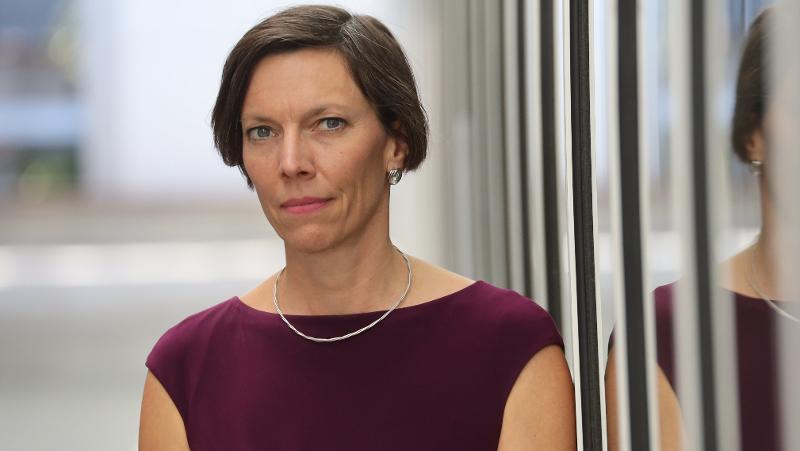
Consumers and advertisers embrace tech-led radical reshaping of media
A QUT media scholar says as contemporary media industries have been thoroughly revolutionised by digitisation, our ways of thinking and talking about those industries must be transformed as well.

QUT research highlights the power of co-design in creating inclusive technologies
A series of QUT research studies have shed light on the importance of involving individuals with intellectual disabilities in the development of assistive technologies.

QUT researchers recognised with national awards
Three QUT researchers have been honoured this week with prestigious national awards for their respective research and leadership across Antarctica, air quality and property law.